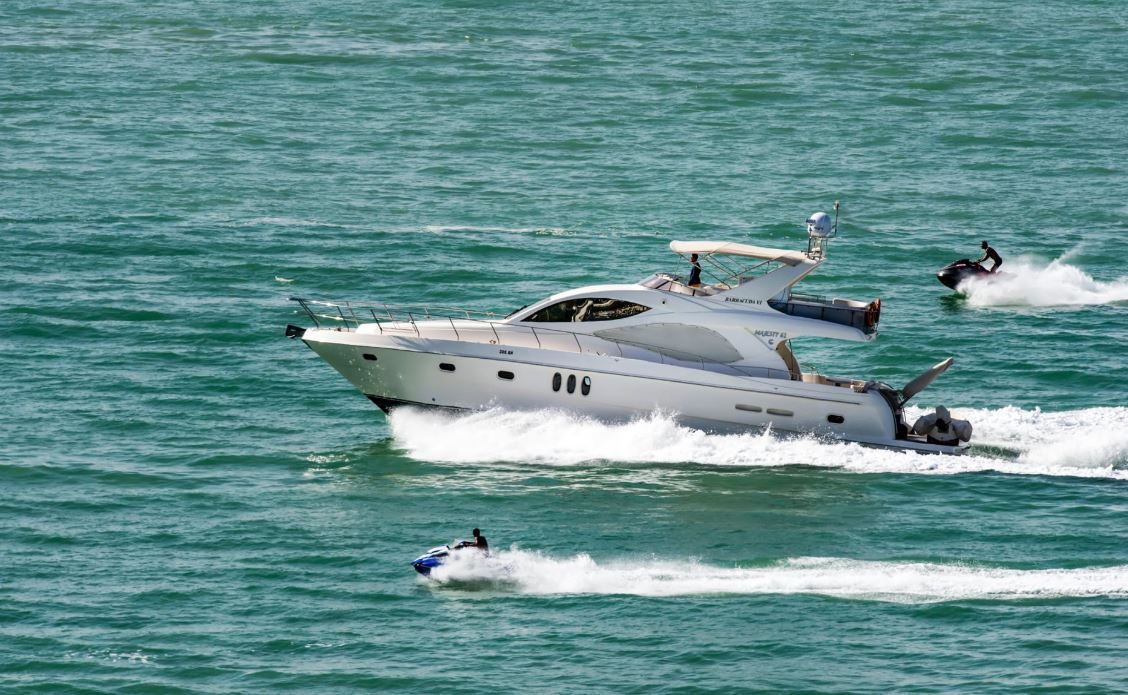Dhe investigative committee in the Bavarian state parliament into questionable mask deals is gradually turning onto the home straight. On Monday, the former Bavarian Minister of Health Melanie Huml (CSU) was questioned as a witness. Today’s Europe Minister began by describing the first weeks of the pandemic from her point of view. It was “a matter of life and death” at the time.
For “many things” – meaning, for example, the price and quality of protective masks – “we couldn’t bring in five experts, five reports”. You didn’t write notes on everything, “it was just done”. The market for protective goods had “collapsed worldwide”, so quick action was necessary.
The opposition has also asked the government to “take care of it quickly,” said Huml. In the situation at the time, any mask was better than no protection at all. Compliance issues were therefore of secondary importance.
Greens criticize “expensive amigo deals”
The opposition accuses Huml, among other things, of having failed to set up a “robust procurement structure”. Green Tim Pargent said before the meeting there was a lack of clear responsibilities and staff at the start of the pandemic. Only the transfer of responsibility to the State Office for Health and Food Safety brought “order to the mask misery”. By then, however, the “expensive amigo deals had long since been completed”.
At the beginning of the pandemic, “those who had good contacts with the government” were able to prevail. What is meant by this is the deal with the Swiss company Emix, in which Monika Hohlmeier, daughter of the former CSU boss Franz Josef Strauss, helped mediate, allegedly free of charge.
The actual intermediary was Andrea Tandler, daughter of former CSU Minister Gerold Tandler, who is said to have received a total of a good 48 million euros in commission for arranging mask deals with a partner.
Huml, who is not suspected of personal enrichment, admitted that the circumstances in her ministry were initially difficult, especially since her house had not been involved in the procurement of protective equipment until then. You had to “sound out” the market first.
Huml: I didn’t get involved in drafting contracts
Questions were raised about the abundance of possible offers. Referring to the Emix offer, Huml said that there was “basically no alternative”. In fact, testimonies from earlier witnesses have given a different impression.
According to Huml’s account, the participation of Hohlmeier and Tandler did not play a decisive role in the conclusion of the contract. Incidentally, she did not interfere in individual contract designs. That was a matter for the “operational level”. As a minister, it was important to her that mask material came at all. Nevertheless, there are indications that she was more involved in at least one offer that was made to her by the Huml family’s ski instructor.
As far as she knows, Huml says, the masks that were finally delivered were checked visually and haptically, but of course there were “no large test stands” at the time. An expert opinion by the committee of inquiry into the tandler business came to the conclusion that the expensive goods – 8.90 euros per FFP2 mask – should not have been distributed based on the certificates sent.
Economics Minister Hubert Aiwanger (free voters) was questioned in the evening. He resisted allegations by the opposition that he had relied on people with political ties to him when looking for companies that could supply protective equipment. The party book “played zero point zero a role”. The witness Markus Söder (Prime Minister) will be questioned on Friday.










